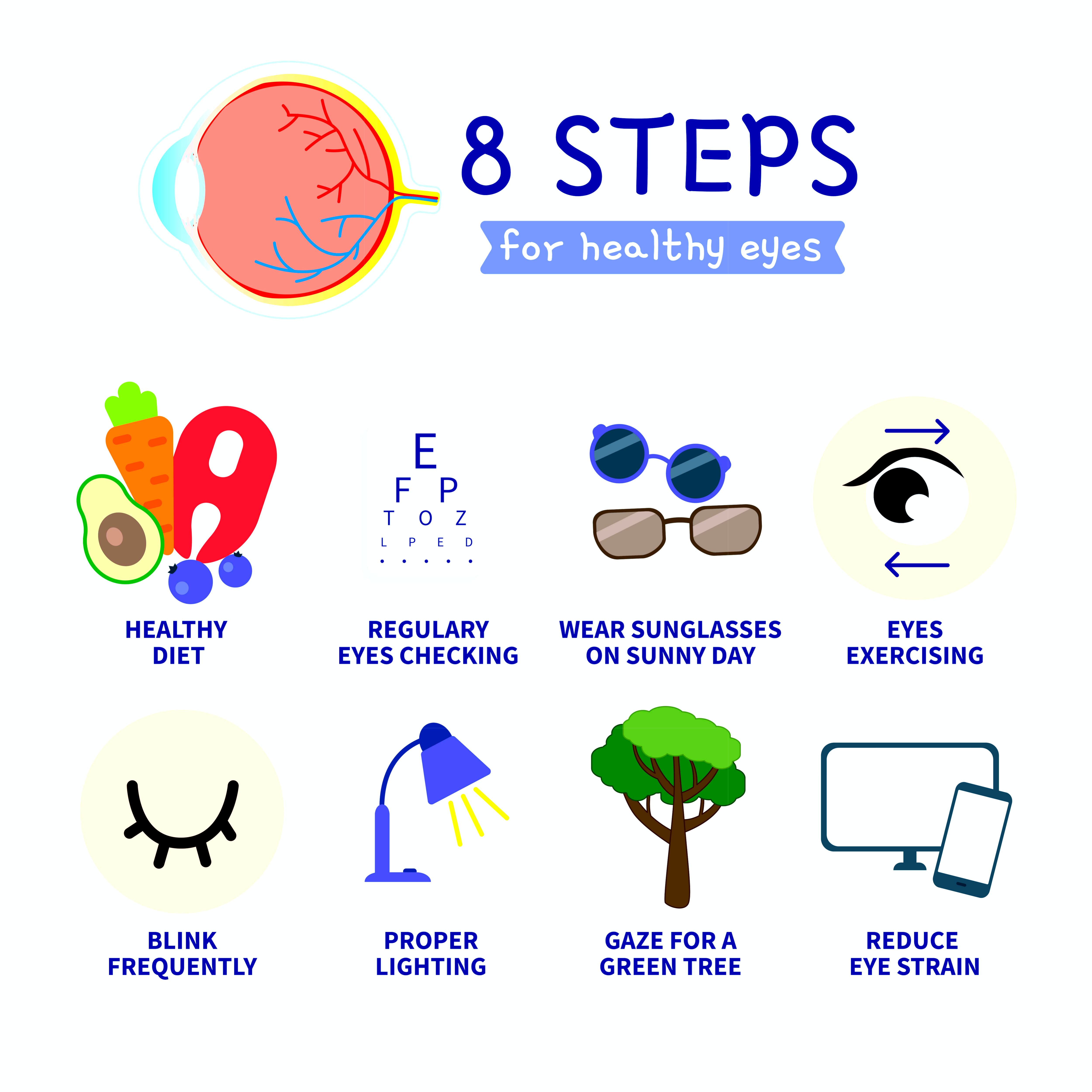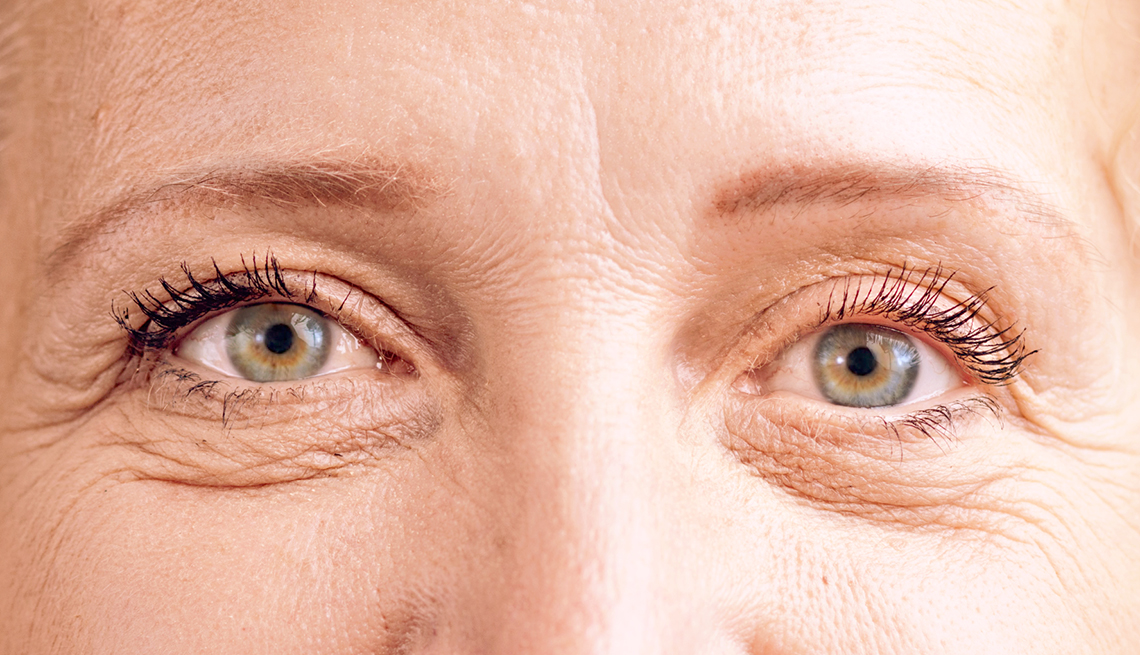All Categories
Featured
Chronic eye problems, such as glaucoma, macular degeneration, and diabetic retinopathy, need recurring like maintain vision and preserve top quality of life. Efficient administration of these problems includes a combination of medical treatment, lifestyle modifications, and regular tracking. Here's how individuals can organize their eye health and wellness and take care of chronic eye problems successfully.
One of one of the most critical actions in managing chronic eye conditions is sticking to your physician's referrals. This includes:
![]()
Making use of recommended drugs: Take eye drops, dental drugs, or injections as guided to control signs or sluggish disease progression.
Participating in regular exams: Regular check outs to an eye care specialist enable prompt modifications to your therapy strategy and early detection of changes in your condition.
Undergoing needed procedures: Some problems, like glaucoma or retinal disorders, might require medical or laser treatments to avoid further damage.
Your overall health substantially influences your eye wellness. Adopting a healthy and balanced way of life can decrease the threat of issues and improve end results.
Consume a balanced diet regimen: Nutrient-rich foods, such as leafy eco-friendlies, fish high in omega-3 fats, and fruits, canister support eye health and wellness.
Workout consistently: Exercise improves blood flow, which profits the eyes by guaranteeing they get ample oxygen and nutrients.
Handle chronic problems: If you have diabetes, high blood pressure, or various other systemic conditions, keep them under control to protect against worsening eye issues.
Avoid smoking cigarettes: Cigarette smoking raises the danger of establishing or exacerbating chronic eye problems, consisting of macular degeneration and cataracts.
![]()
Preventing additional damages to your eyes is important in taking care of persistent conditions:
Wear protective eyeglasses: Usage sunglasses with UV security to shield your eyes from unsafe rays and minimize the risk of problems.
Restriction screen time: Extreme display exposure can stress your eyes. Exercise the 20-20-20 regulation-- look at something 20 feet away for 20 secs every 20 mins.
Maintain correct lights: Prevent straining your eyes by ensuring ample illumination when working or checking out.
Understanding your problem equips you to make enlightened choices about your treatment. Ask your eye care provider concerning:
The progression and potential results of your condition.
Symptoms and signs that need prompt interest.
Available resources, such as support system and academic products.
![]()
Dealing with a chronic eye condition can be mentally tough. Think About:
Joining support groups: Sharing experiences with others in comparable situations can offer comfort and sensible ideas.
Talking with a counselor: Specialist advice can assist you cope with the psychological influence of vision modifications.
Conclusion
Taking care of persistent eye conditions calls for a comprehensive and aggressive method. By complying with medical advice, adopting a healthy and balanced way of living, protecting your eyes, and seeking support, you can successfully navigate the difficulties of these conditions and maintain your vision. Regular communication with your eye care service provider is vital to ensure your monitoring plan continues to be efficient and tailored to your requirements.
- Follow Medical Suggestions and Therapy Plans
One of one of the most critical actions in managing chronic eye conditions is sticking to your physician's referrals. This includes:

Making use of recommended drugs: Take eye drops, dental drugs, or injections as guided to control signs or sluggish disease progression.
Participating in regular exams: Regular check outs to an eye care specialist enable prompt modifications to your therapy strategy and early detection of changes in your condition.
Undergoing needed procedures: Some problems, like glaucoma or retinal disorders, might require medical or laser treatments to avoid further damage.
- Keep a Healthy And Balanced Way Of Living
Your overall health substantially influences your eye wellness. Adopting a healthy and balanced way of life can decrease the threat of issues and improve end results.
Consume a balanced diet regimen: Nutrient-rich foods, such as leafy eco-friendlies, fish high in omega-3 fats, and fruits, canister support eye health and wellness.
Workout consistently: Exercise improves blood flow, which profits the eyes by guaranteeing they get ample oxygen and nutrients.
Handle chronic problems: If you have diabetes, high blood pressure, or various other systemic conditions, keep them under control to protect against worsening eye issues.
Avoid smoking cigarettes: Cigarette smoking raises the danger of establishing or exacerbating chronic eye problems, consisting of macular degeneration and cataracts.
- Protect Your Eyes

Preventing additional damages to your eyes is important in taking care of persistent conditions:
Wear protective eyeglasses: Usage sunglasses with UV security to shield your eyes from unsafe rays and minimize the risk of problems.
Restriction screen time: Extreme display exposure can stress your eyes. Exercise the 20-20-20 regulation-- look at something 20 feet away for 20 secs every 20 mins.
Maintain correct lights: Prevent straining your eyes by ensuring ample illumination when working or checking out.
- Educate Yourself
Understanding your problem equips you to make enlightened choices about your treatment. Ask your eye care provider concerning:
The progression and potential results of your condition.
Symptoms and signs that need prompt interest.
Available resources, such as support system and academic products.
- Look For Emotional Assistance

Dealing with a chronic eye condition can be mentally tough. Think About:
Joining support groups: Sharing experiences with others in comparable situations can offer comfort and sensible ideas.
Talking with a counselor: Specialist advice can assist you cope with the psychological influence of vision modifications.
Conclusion
Taking care of persistent eye conditions calls for a comprehensive and aggressive method. By complying with medical advice, adopting a healthy and balanced way of living, protecting your eyes, and seeking support, you can successfully navigate the difficulties of these conditions and maintain your vision. Regular communication with your eye care service provider is vital to ensure your monitoring plan continues to be efficient and tailored to your requirements.
Latest Posts
Inexpensive Fence Solutions with Montana Fencing Funding
Published Apr 21, 25
1 min read
Accomplish Your Monetary Desires with WyHy's Riches Administration Provider
Published Apr 21, 25
1 min read
Open Greater Earnings with WyHy Money Market Accounts
Published Apr 21, 25
1 min read
More
Latest Posts
Inexpensive Fence Solutions with Montana Fencing Funding
Published Apr 21, 25
1 min read
Accomplish Your Monetary Desires with WyHy's Riches Administration Provider
Published Apr 21, 25
1 min read
Open Greater Earnings with WyHy Money Market Accounts
Published Apr 21, 25
1 min read